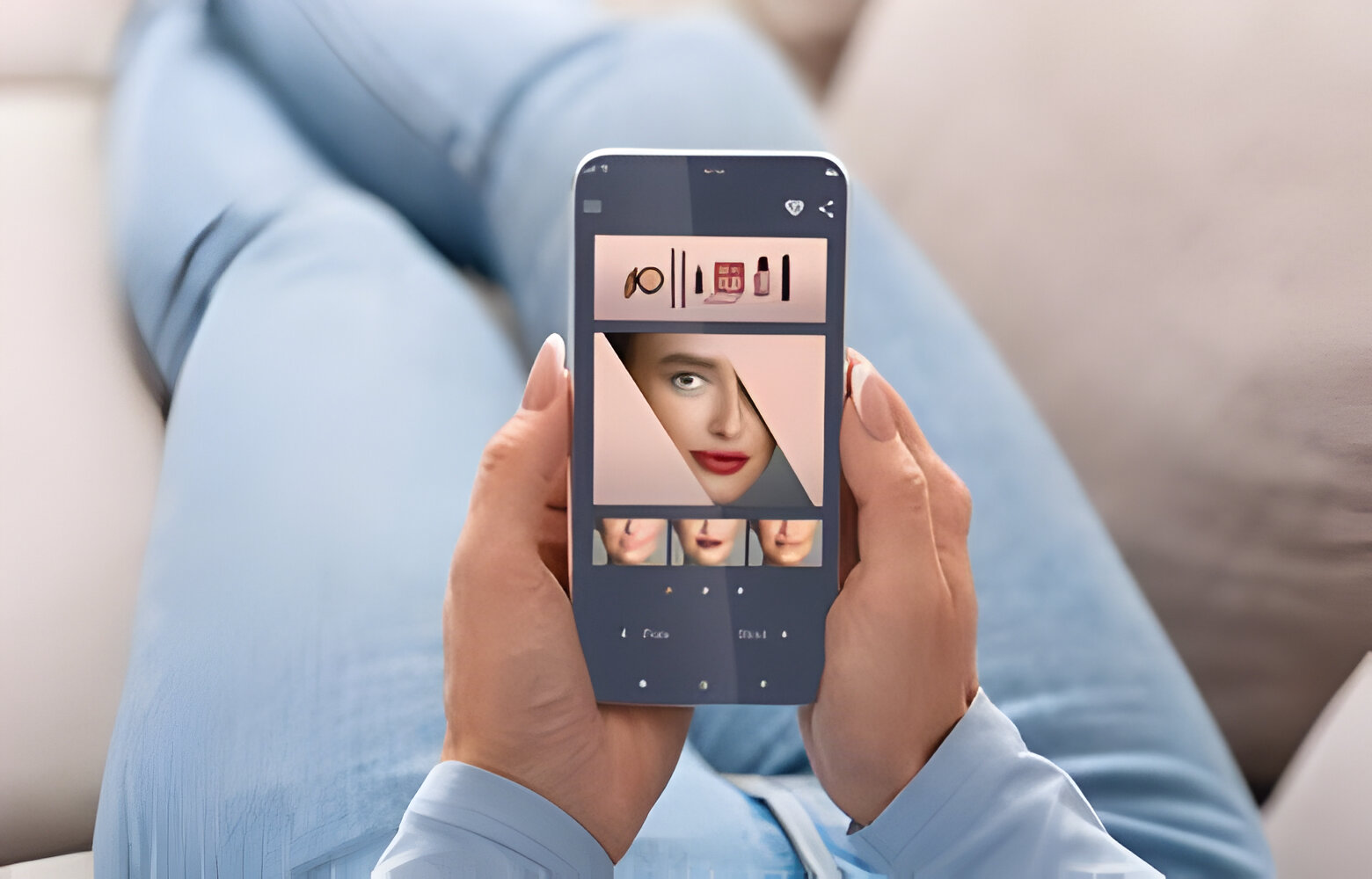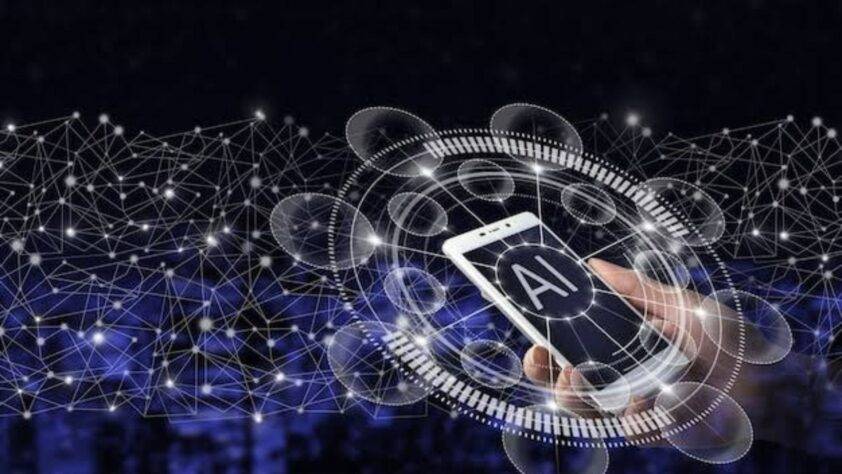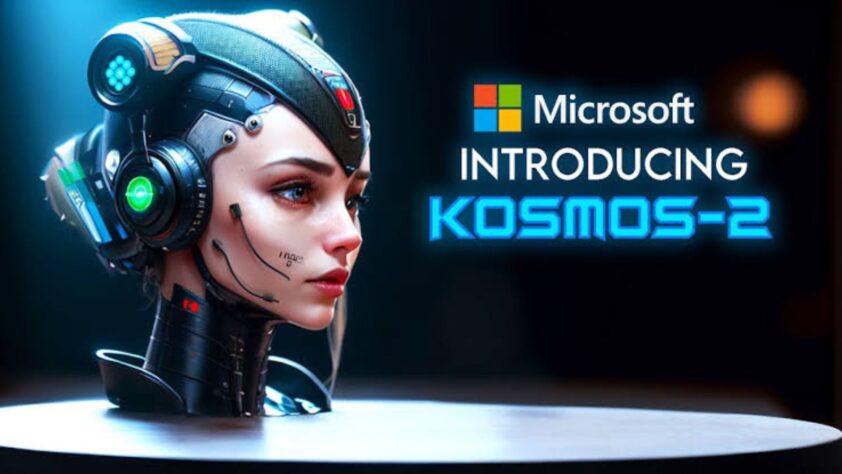The beauty industry, projected to reach a global market value of $532 billion by 2026, has always been a pioneer of trends. From traditional kohl-lined eyes to the customizable innovations of K-beauty, this sector continuously evolves. Now, propelled by Artificial Intelligence (AI), the industry stands at the brink of its most transformative era yet.
AI is reshaping beauty from personalized product recommendations to streamlined product development processes. Early adopters leveraging AI-driven virtual try-ons and tailored product suggestions have seen significant boosts in customer engagement, with some experiencing over a 30% increase. Meanwhile, leading brands are integrating AI to gain unprecedented insights into consumer behavior.
As AI technology rapidly advances, forecasts suggest it could generate up to $21 billion in beauty sector revenues by 2025 alone. Embracing AI-driven innovations is becoming imperative for businesses looking to future-proof their operations. This transformation promises a more inclusive, efficient, and forward-thinking beauty sector, where innovative solutions meet consumer desires for customization and sustainability.
In this series, we delve deep into how AI shapes the future of beauty, exploring a landscape that blends cutting-edge technology with consumer-driven values.
How is AI Transforming the Beauty Industry
Artificial intelligence rapidly transforms industries worldwide, and the beauty sector is no exception. Embracing AI promises a future where sustainability and personalization reign supreme. Let’s explore how AI is revolutionizing the beauty industry:
Personalized Skincare Recommendations
Gone are the days of feeling overwhelmed in beauty aisles. AI algorithms analyze user data such as skin type, preferences, and past purchases to deliver personalized product recommendations. It’s like having a personal beauty advisor at your fingertips, ensuring each purchase feels tailored and informed.
Virtual Try-On Experiences
Choosing the perfect lipstick shade or eyeshadow palette is now easier with AI-powered virtual try-ons. Brands like Sephora and L’Oréal allow consumers to virtually try products before buying, enhancing confidence in purchasing decisions and saving time.
AI-Enhanced Skin Analysis and Customized Routines
AI-driven apps can analyze skin conditions from a simple selfie, offering personalized skincare routines tailored to individual needs. This approach not only addresses specific skin concerns effectively but also empowers consumers to maintain healthier skin with customized advice.
Promoting Sustainability in Beauty through AI
AI plays a crucial role in making the beauty industry more eco-friendly by optimizing supply chains and reducing waste. Predictive analytics help minimize overproduction and manage inventory efficiently, contributing to a greener future for beauty products.
Advanced Product Development with AI
AI accelerates the product development process by analyzing vast amounts of data on ingredients and consumer preferences. This data-driven approach enables beauty brands to innovate rapidly, creating products that resonate with consumers’ evolving needs and preferences.
The beauty tech sector alone reached $3.8 billion across major markets in 2021, with projections suggesting continued growth. AI’s ability to analyze data and identify trends positions it at the forefront of an industry driven by innovation and creativity.
Key Innovators Leading the Future of AI in Beauty
The beauty industry is witnessing a transformative wave where AI is reshaping every facet. Leading the charge are visionary companies dedicated to pioneering AI systems that redefine consumer experiences, promote sustainability, and sculpt the future of beauty.
Shaping the Future of Beauty
L’Oréal, a titan in the beauty world, is investing heavily in AI initiatives. Collaborating with industry leaders like Pinterest, ModiFace, and Anthropic, L’Oréal pioneers virtual try-ons, skincare diagnostics, and ethical AI frameworks. These efforts aim to deliver personalized and sustainable beauty solutions. Their acquisitions of Youth to the People and CeraVe underscore their commitment to clean, AI-driven formulations, positioning L’Oréal at the forefront of beauty innovation.
Revolutionizing Beauty Experiences
Estée Lauder Companies, home to iconic brands such as Clinique and MAC Cosmetics, is redefining beauty experiences through strategic partnerships. Their collaboration with Perfect Corp enables customers to try on products and receive skincare assessments online. Through partnerships like Anthropic, they ensure AI systems uphold fairness and inclusivity. Their incubator program supports startups driving sustainability and personalization in beauty technology.
Innovating with Purpose
Unilever, a global consumer goods giant encompassing brands like Dove and Vaseline, champions innovation through venture capital and strategic alliances. Unilever Ventures invests in startups pioneering sustainability and personalization technologies. Collaborating with Anthropic, Unilever aims to integrate ethical AI principles across its products and services, emphasizing its commitment to inclusive beauty solutions.
Artificial Intelligence (AI) in Modern Beauty Salons
Having explored AI’s pivotal role in transforming the beauty industry and the pioneering efforts of key players, let’s now delve into how AI is integrated into day-to-day operations at modern beauty salons. Here are some notable examples:
- HiMirror: This smart mirror powered by AI monitors changes in users’ skin conditions over time and offers virtual beauty consultations, providing personalized skincare insights.
- Perfect Corp: Known for its AR and AI-enabled virtual makeup try-on tools, Perfect Corp allows consumers to visualize how makeup products will look on them before making a purchase. This technology enhances the shopping experience by offering realistic virtual trials.
- Glamsquad: As an on-demand beauty service, Glamsquad delivers personalized beauty treatments directly to clients’ locations, whether at home, a hotel, or an event. They cater to individual preferences, ensuring specialized services by beauty experts.
- SkinVision: Utilizing AI, SkinVision analyzes photos to detect potential signs of skin cancer, offering users a seamless and efficient skin diagnostic experience. Early detection enables timely treatment, potentially saving lives.
- Glossier: This cosmetic brand integrates AI through its chatbot ‘Glossy,’ which provides personalized skin reports and product recommendations tailored to each customer’s needs and preferences. This enhances customer satisfaction by assisting in selecting skincare products that align with their specific skin concerns.
These examples illustrate how AI technologies are revolutionizing beauty salons by enhancing personalized consultations, virtual makeup trials, on-demand services, skin health diagnostics, and customer interactions. As AI continues to advance, its integration promises to further elevate the beauty industry’s standards of service and innovation.
Modern Technologies Crafting the Future of AI in Beauty
In the dynamic intersection of AI and beauty, innovation knows no bounds. Beyond virtual try-ons and personalized recommendations, advanced technologies are reshaping the beauty landscape with unprecedented possibilities. Here are the cutting-edge technologies driving this transformation:
- At the forefront of advancements is generative AI, a cornerstone of AI-powered beauty experiences. Generative AI excels in creating content from scratch, whether it’s images, sounds, or narratives. In beauty, this technology analyzes skin images to diagnose concerns and prescribe personalized skincare regimens. It continually refines recommendations based on user feedback and evolving beauty trends, offering tailored solutions with precision and adaptability.
- AI plays a pivotal role in guiding eco-conscious decisions in beauty. Beyond sustainable packaging and virtual try-ons, AI leads efforts in formulating sustainable beauty products. By leveraging vast ingredient databases and AI algorithms, brands can assess a product’s environmental impact and propose greener alternatives. This approach ensures that beauty products not only nourish our skin but also minimize ecological footprints, aligning with consumer values for sustainability.
- The rise of AI-driven 3D printing heralds a new era of personalized beauty products. Imagine a machine analyzing your skin and crafting bespoke makeup items like lipsticks or skincare serums on demand. Mink, the world’s first 3D makeup printer, exemplifies this trend, empowering consumers to personalize their beauty routines and express their individuality through custom-created cosmetics.
Embrace the Future of Beauty With Marvels Soft
As we conclude, it’s evident that AI has woven its magic into every hue of the beauty industry. From personalized recommendations to sustainable innovations, AI is reshaping beauty experiences globally. With its ability to understand and adapt to individual needs while minimizing waste, the future of beauty shines brighter than ever. Imagine a reality where each product is flawlessly customized with the assistance of artificial intelligence. The era of personalized, eco-friendly beauty is firmly taking root, and we eagerly anticipate what lies ahead.
Are you a fashion entrepreneur or a beauty brand looking to future-proof your business with artificial intelligence and augmented reality technologies? Look no further. At Marvels Soft, we possess unparalleled expertise in the intricacies of the beauty industry. From diagnostic applications to hyper-personalization solutions, our capabilities span the realms of AI in beauty and fashion. Whether you aim to digitize your services or develop AI-powered beauty applications, we are here to collaborate and shape the future of beauty together.



